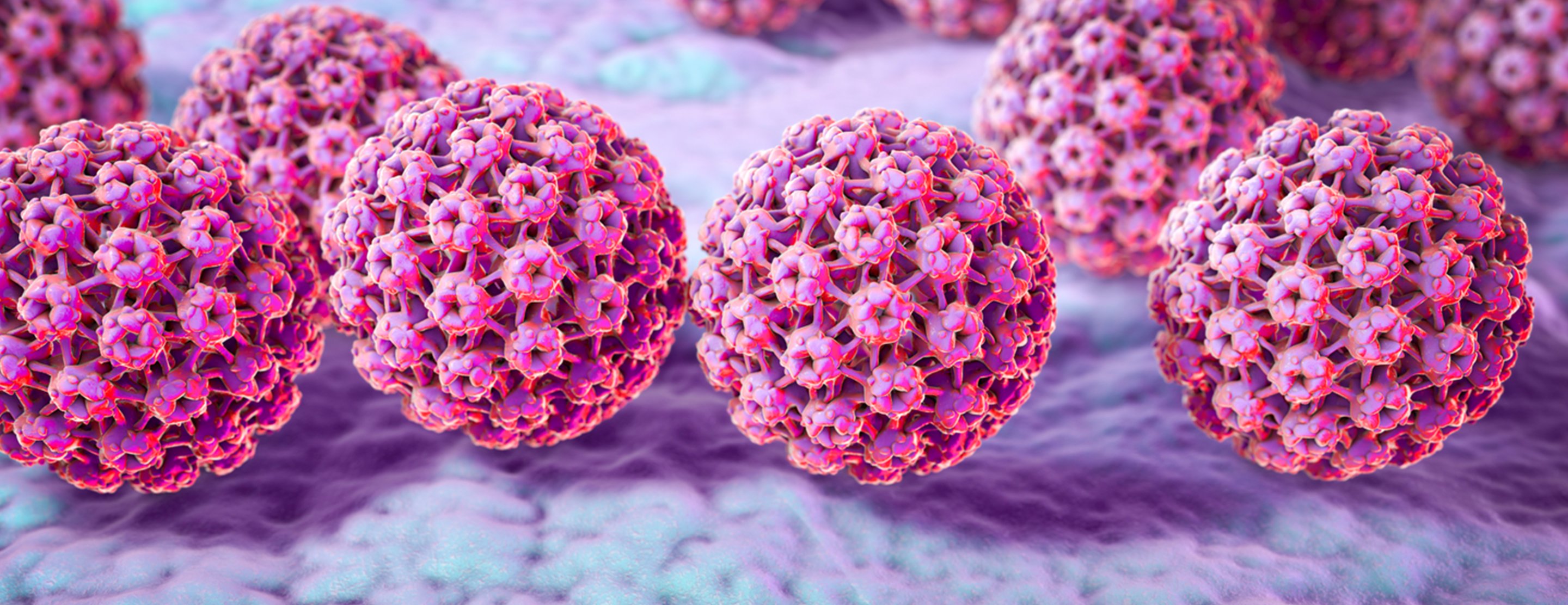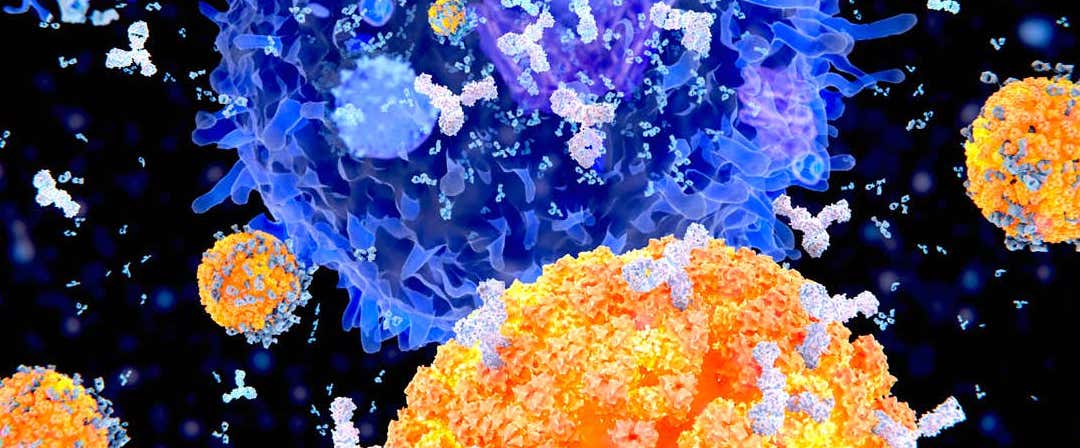Projects
A curated selection of impactful projects
Assessment of protection from Beta HPV infections upon multimer vaccination in Epidermodysplasia verruciformis and wild type mouse models

Growing evidence shows a potential link between infections with Beta HPV and development of cutaneous squamous cell carcinoma (CSCC). Annually, 4000-7000 patients die from CSCC in the USA. CSCC occur at especially high rates in un-exposed areas of organ transplant recipients (OTRs), HIV+ and epidermodysplasia verruciformis (EV) patients in association with Beta HPV. Current HPV vaccine technology is designed to target up to 9 HPV types from alpha genera, but not beta HPV. Vaccination with a fusion protein which incorporates L2 residues 11-88 of five Alpha HPV (L2 multimer a11-88x5). I showed that vaccination of wild type and EV model mice protects against diverse Beta HPV.of various HPV types.
Assessment of protection from Beta HPV infections upon bi-valent vaccination in mice and rabbits

This project is a continuation of the development of vaccine technology that displays L2 aa 17-36 is displayed within an immunodominant surface loop of HPV16 L1 VLP. Previous work in the lab showed that vaccination with this chimeric vaccine, termed RGVax, induced L2 antibodies that neutralized and protected against all oncogenic αHPV types. In this project, we developed a second chimeric HPV18 L1 VLP displaying a similar L2 epitope bioinformatically designed to broadly target Beta HPVs. We study wild type and EV model TMC6-/- or TMC8-/- FVB mice to determine whether the combination of the two chimeric VLPs is protective against the challenge with beta HPVs. We also vaccinated rabbits to determine disease caused by cutaneous challenge with the high risk HPV quazivirions including several types not covered by Gardasil9. This bivalent RGVax immunogen has potential to protect against infections of both Beta genotypes causing CSCC including in EV patients, and α genotypes causing anogenital cancers.
Assessment of antibody-mediated protection against βHPV in mice passively transferred with human sera

In collaboration with a biotech company, I helped to evaluate the results of a clinical trial. A group of patients were vaccinated with a chimeric viral-like particle (VLP) vaccine. Sera from vaccinated patients were collected by the company and assessed by me for protection against various disease-relevant alpha and beta HPV types by passive vaccination in mice.
